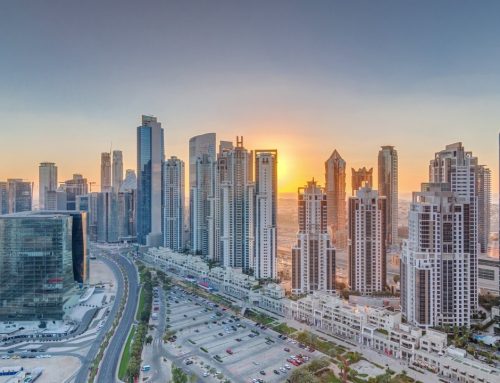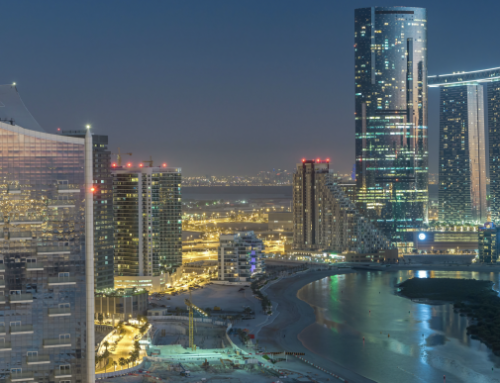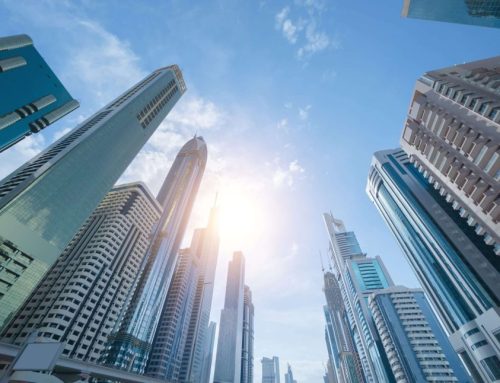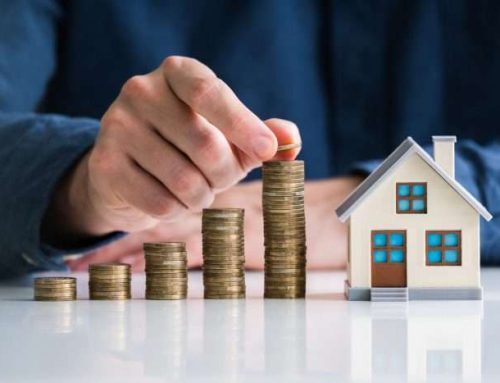What is the Future of Real Estate in Abu Dhabi?
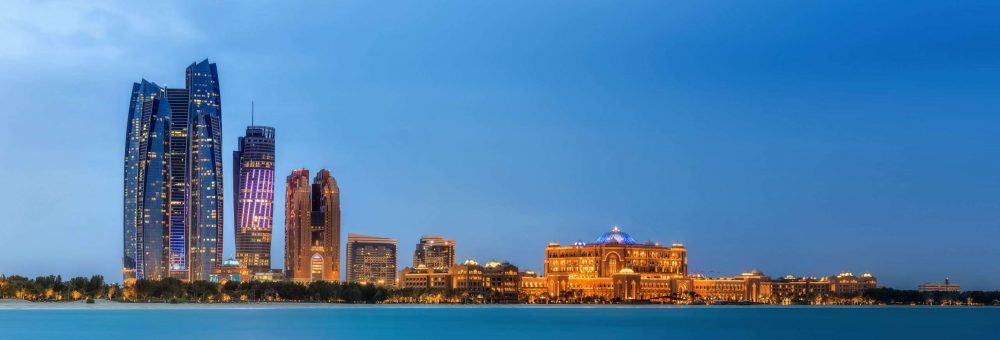
As the capital city of the UAE, Abu Dhabi has long been a focal point for real estate investment. With its blend of modern infrastructure, cultural heritage, and strong economic foundations, the city continues to attract both local and international investors. But what does the future hold for real estate in Abu Dhabi? We’ll explore the key trends and developments shaping the market in 2024 and beyond.
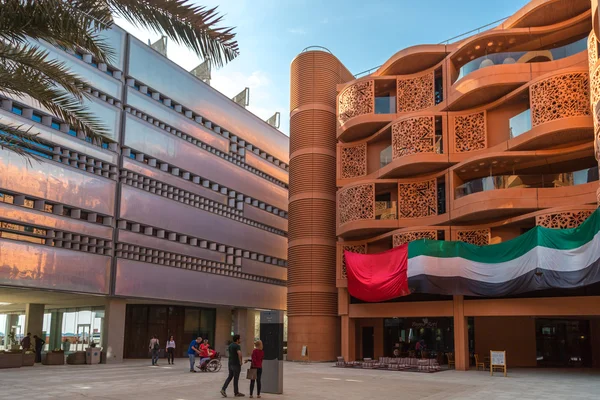
Sustainability at the Forefront
Sustainability is becoming a cornerstone of real estate development in Abu Dhabi. The government’s commitment to sustainable urban growth is evident in initiatives like the Estidama Pearl Rating System, which encourages green building practices. Developers are increasingly focusing on creating eco-friendly communities, with energy-efficient buildings, green spaces, and sustainable infrastructure.
Key Projects:
- Masdar City: A pioneering eco-city that continues to grow, with new residential, commercial, and industrial developments designed with sustainability in mind.
- Al Raha Beach: A mixed-use development emphasizing sustainable living, with waterfront properties and ample green spaces.

Technological Advancements and Smart Cities
The integration of technology into real estate is accelerating, with Abu Dhabi at the forefront of this transformation. The concept of smart cities is gaining traction, with developments incorporating IoT (Internet of Things), AI (Artificial Intelligence), and big data to enhance the living experience.
Key Features:
- Smart Homes: Properties equipped with smart systems for energy management, security, and convenience.
- Smart Infrastructure: City-wide networks that manage traffic, waste, and utilities efficiently, improving the quality of life for residents.
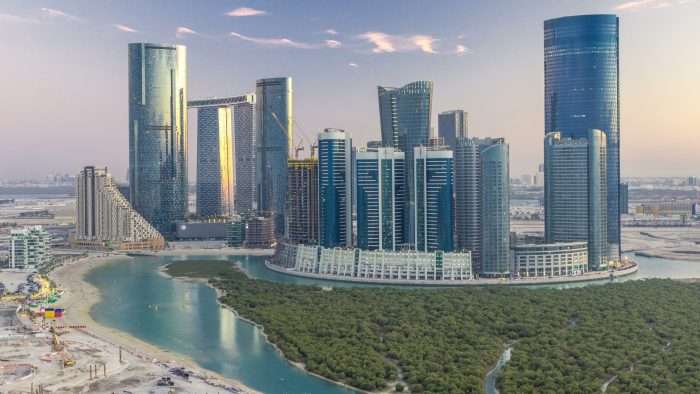
Growth in Freehold Areas
The expansion of freehold areas in Abu Dhabi is a significant trend, offering more opportunities for foreign investors to own property. This move is expected to attract international buyers, further boosting the real estate market.
Popular Freehold Areas:
- Al Reem Island: A popular choice for expatriates, offering a mix of residential and commercial properties.
- Saadiyat Island: Known for its luxury villas and apartments, cultural attractions, and proximity to the beach.
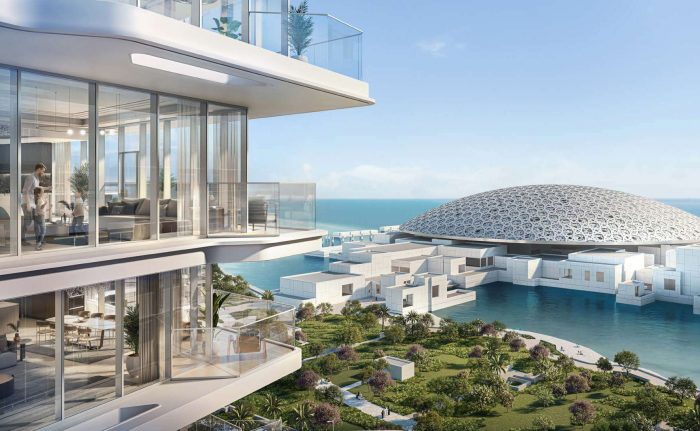
Demand for Luxury Properties
Abu Dhabi’s luxury real estate market is poised for continued growth, driven by high-net-worth individuals and expatriates seeking premium living spaces. The demand for luxury villas, penthouses, and waterfront properties is expected to remain strong, particularly in areas like Yas Island and Saadiyat Island.
Emerging Luxury Developments:
- Louvre Abu Dhabi Residences: A unique blend of art and architecture, offering luxurious living spaces adjacent to the world-famous museum.
- The Residences at St. Regis Saadiyat Island: High-end villas and apartments with access to five-star amenities.
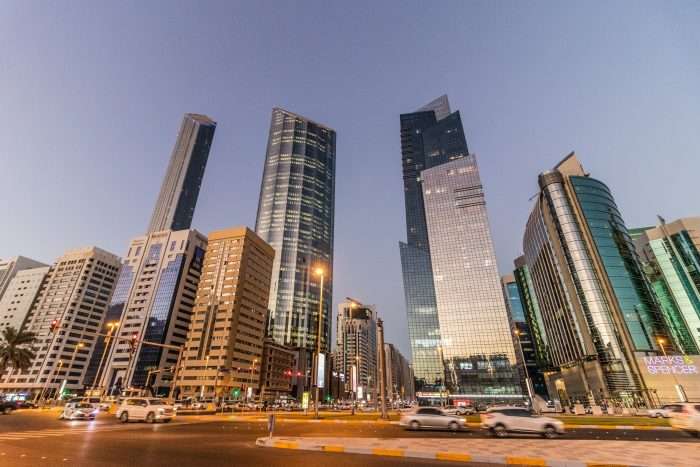
Government Initiatives and Economic Diversification
Abu Dhabi’s government continues to play a pivotal role in shaping the real estate landscape. Initiatives like the Abu Dhabi Economic Vision 2030 aim to diversify the economy, reducing reliance on oil and fostering growth in sectors like tourism, healthcare, and education. This economic diversification is expected to drive demand for commercial and residential properties.
Impact on Real Estate:
- Increased Demand for Commercial Spaces: As new businesses and industries emerge, the demand for office spaces and commercial real estate will rise.
- Tourism-Driven Development: The expansion of the tourism sector will lead to the development of new hotels, resorts, and leisure properties.
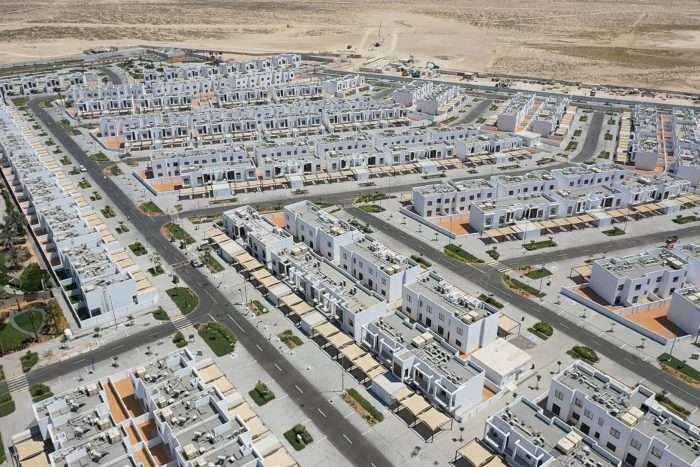
Shift Towards Affordable Housing
While luxury properties dominate the headlines, there is a growing demand for affordable housing in Abu Dhabi. The government is encouraging the development of mid-market housing to cater to the needs of middle-income families and young professionals.
Key Developments:
- Al Ghadeer: A mixed-use community offering affordable housing options in a serene environment.
- Baniyas: A residential area known for its reasonably priced apartments and villas, ideal for families.
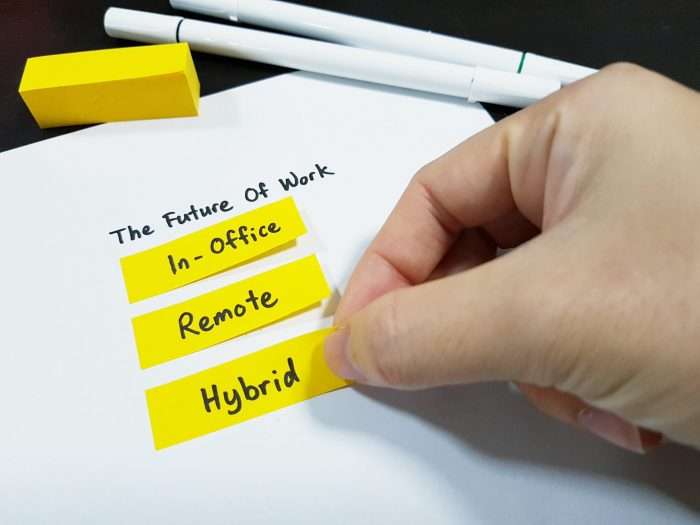
Impact of Remote Work and Changing Lifestyles
The global shift towards remote work, accelerated by the COVID-19 pandemic, is influencing real estate trends in Abu Dhabi. There is an increased demand for properties that offer home office spaces, outdoor areas, and proximity to amenities like schools and healthcare facilities.
Key Trends:
- Suburban Living: A preference for suburban areas like Khalifa City and Al Reef, where residents can enjoy larger living spaces and a more relaxed lifestyle.
- Mixed-Use Developments: Projects that combine residential, commercial, and recreational spaces, catering to the modern lifestyle.
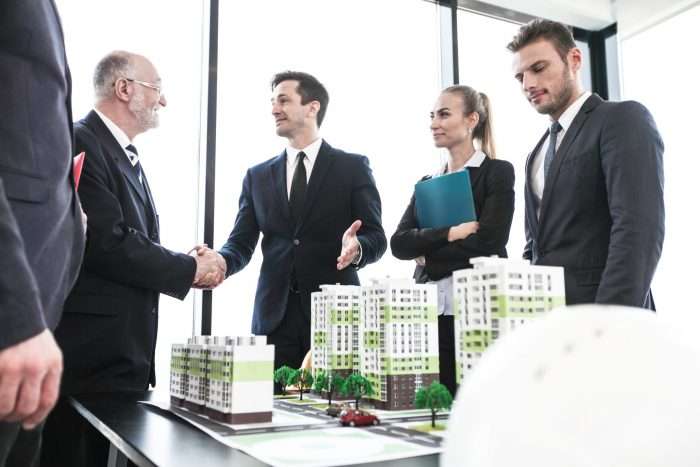
Outlook for Investors
For investors, the future of Abu Dhabi’s real estate market looks promising. The combination of government support, sustainable development, and technological innovation creates a conducive environment for long-term investments. However, investors should remain cautious of market fluctuations and stay informed about emerging trends.
Investment Opportunities:
- Long-Term Rentals: With a stable economy and a growing population, long-term rental properties remain a viable investment option.
- Off-Plan Properties: Buying off-plan offers the potential for capital appreciation as the market grows.
- Commercial Real Estate: As new businesses enter the market, investing in commercial spaces could yield significant returns.
Abu Dhabi’s real estate market is on a trajectory of growth and innovation, driven by sustainability, technology, and strategic government initiatives. Whether you’re a homebuyer, investor, or developer, understanding these trends will help you make informed decisions in 2024 and beyond. As the capital continues to evolve, it promises a bright future for its real estate sector, offering diverse opportunities for those looking to be a part of this dynamic market.

